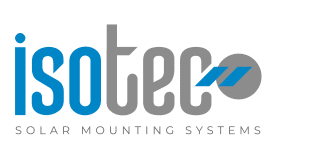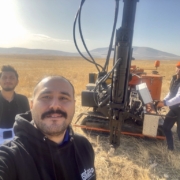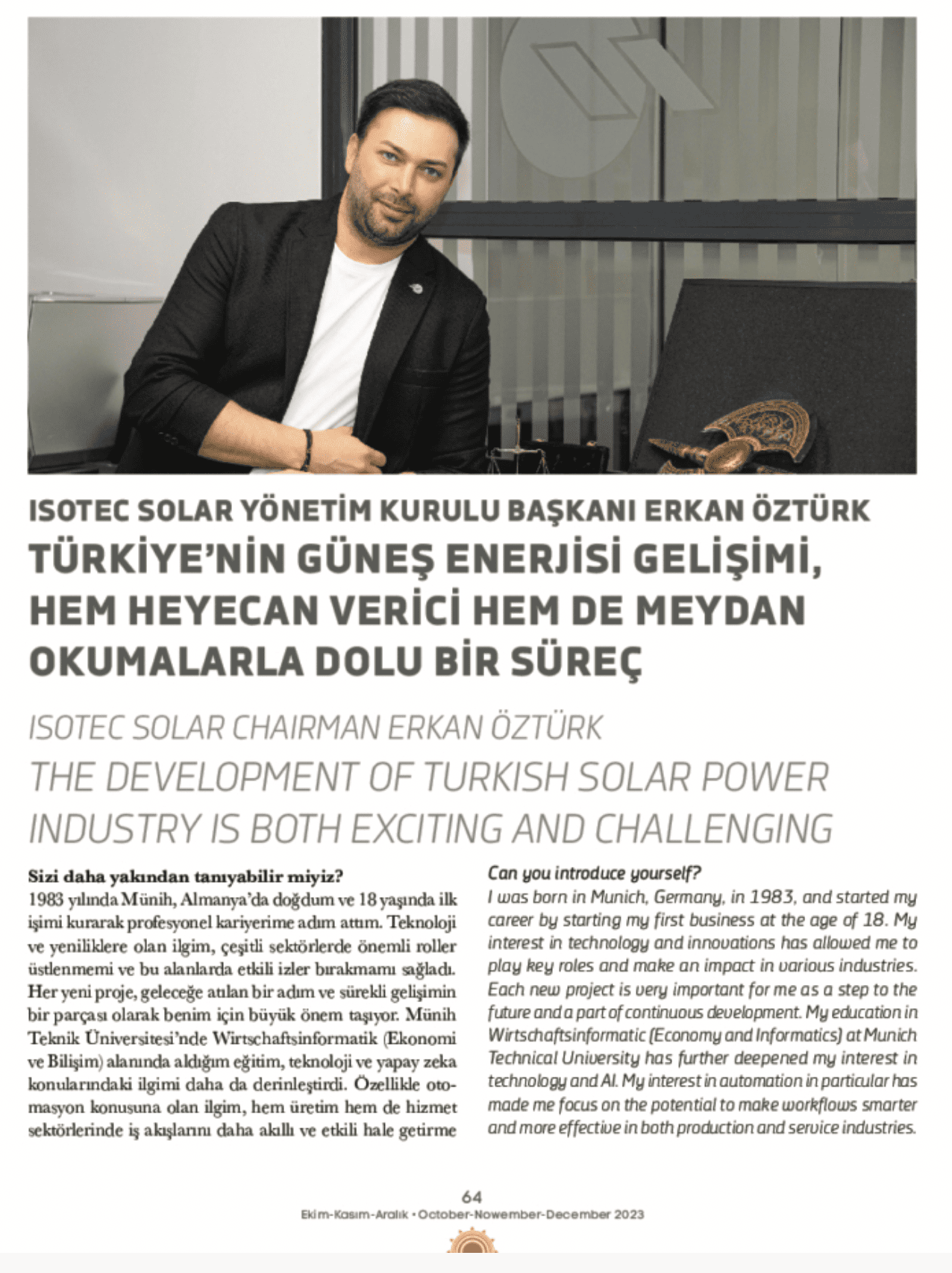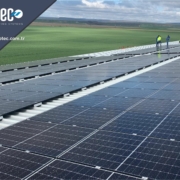WHAT YOU NEED TO KNOW BEFORE INSTALLING SOLAR PANELS ON YOUR ROOF
1. CONDITION AND SUITABILITY OF YOUR ROOF
Your roof whether it is suitable for solar panel installation Evaluation should be the first step. Roof type, slope and its structure are important factors for the placement of solar panels.
- ROOF TYPE: Flat roofs can generally be more suitable for installing solar panels. However, on sloping roofsInstallation can also be done with appropriate mounting systems.
- ROOF AGE AND CONDITION: Old and damaged roofs may not be suitable for solar panel installation. It is important that your roof is sturdy and well-maintained to avoid problems in the long run.
- ROOF AREA: Check that you have enough space on your roof. There needs to be enough space to properly install the solar panels. Also, consider surrounding structures so that the panels are not shaded.
2. ACCESS TO SUNLIGHT
Solar panels must be able to work efficiently needs direct sunlight. Therefore, your roof whether you are getting enough sunlight you should check.
- SHADING STATUS: On your roof, trees, buildings Check for shading due to buildings or other structures. Shading seriously affects the efficiency of solar panels.
- DIRECTION: The ideal direction for solar panels SOUTHPanels positioned in a southerly direction will receive the most sunlight throughout the day. You should also consider the orientation of your roof.
3. SOLAR PANEL EFFICIENCY
Solar panels come in different types and each has different productivity levels When choosing a solar panel, productivity rates It is important to consider that high-efficiency panels can produce more energy in less space.
- MONOCRYSTALLINE PANELS: These types of panels have a high efficiency rate and are usually more expensive, but provide maximum energy production even in limited areas.
- POLYCRYSTALLINE PANELS: Polycrystalline panels are generally more affordable, but perform slightly lower in efficiency than monocrystalline panels.
- THIN FILM PANELS: Although they have lower efficiency, they can be mounted on different surfaces with their flexible structures.
4. SOLAR PANEL SYSTEM SIZE
The size of your solar panel system, your daily energy needs Determining your home electricity consumption and choosing an appropriate system size accordingly is an important step.
- CAPACITY CALCULATION: Knowing your home electricity consumption will help you understand how much energy you will be producing. An average home can consume 4000-6000 kWh of energy per year, so you can calculate how many panels you will need.
- EFFICIENCY OF PANELS: Efficient panels allow for sufficient energy generation with fewer installations, so choosing an efficient system will save you money in the long run.
5. LEGAL REGULATIONS AND PERMISSIONS
Before installing solar panels, local governments and electricity distribution companies should necessary permits and legal regulations you must learn.
- PERMISSIONS: Solar energy system installations in Türkiye may require specific local government permits. Obtaining these permits ensures that the installation is legally compliant.
- ELECTRICAL CONNECTION PERMIT: Depending on whether your solar energy system will be connected to the grid or not, you may need to obtain a connection permit from the energy company.
6. SOLAR PANEL SYSTEM COST AND FINANCE
While the cost of installing a solar energy system is often high up front, it can save you money in the long run. Installation cost It is important that you carry out financial planning with this in mind.
- STARTING COST: The initial cost of solar panel installation varies depending on panel type, system size and installation processes.
- STATE SUPPORT AND INCENTIVES: In Türkiye, the government offers various incentives for renewable energy investments. These incentives can reduce installation costs.
- PAYBACK PERIOD: The payback period of solar energy systems usually varies between 5-10 years. At the end of this period, you start saving money with the energy that the panels start producing.
7. MAINTENANCE AND MONITORING
Solar panels are long-lasting and durable systems. However, in order to work efficiently, periodic maintenance and monitoringis necessary.
- CLEANING: Dirt and dust on the panels can negatively affect efficiency. It is important to clean the panels regularly.
- MONITORING SYSTEMS: Monitoring the performance of solar energy systems is useful for early detection of potential failures.
8. GET EXPERT HELP
Solar panel installation is a complex process. Therefore, A company specialized in Working with ensures that the correct system is installed and efficiency is maximized. Professional installation provides less maintenance and more energy savings in the long run.
Before installing solar panels on your roof There are many factors you need to pay attention to. The condition of your roof, access to sunlight, panel selection, legal regulations and cost calculations are important for a successful solar energy installation. Experts A solar energy system that is properly installed and regularly maintained by you can provide you with long-term savings and an environmentally friendly energy source.






